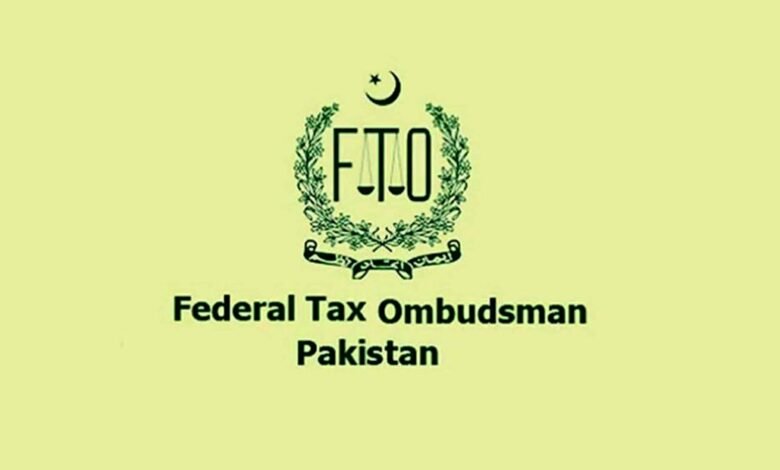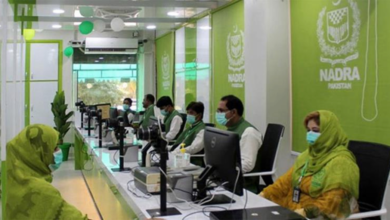FTO Points Out Tax Fraud by Medical Colleges

FTO Points Out Tax Fraud:
The Federal Tax Ombudsman (FTO) has found that the trusts that run the medical schools stole money and did other wrong things.
This included not following the rules for collecting taxes, not following the rules for NPO status and making mistakes when giving approvals. No.0043/OM12023, which is the order for the Own Motion Investigation, looks into the tax issues of medical schools.
According to an order from the FTO, the trusts that run medical colleges get permission under Section 2(36) of the Income Tax Ordinance, 2001. However, they then abuse this permission and run the colleges for profit.
They keep breaking the law because they don’t get the approval required by Section 2(36) of the Ordinance 2001 extended on a regular basis. It’s not clear that the private medical colleges are meeting their tax withholding responsibilities.
Field offices of the FBR don’t do proper audits of withholding tax. The fees that are charged to international students are not included in the tax records. It is said that private medical schools steal money from international students and deposit it in unknown accounts so the tax office doesn’t get the money it’s owed.
The controlling trusts and medical colleges also don’t follow the rules and laws of PMDC when it comes to charitable functions, which is the main reason they claim exemption. The private medical schools hide the money they make, even though they told the tax office about it.
Rich parents give a lot of money to private medical schools—between $14 and $40—but the schools don’t report this on their books so that they can be audited. Many trusts that have a lot of power are run as large family businesses.
This posed major problems for the right way to collect taxes, withholding taxes, and the charitable work of these groups. At first glance, the wrongdoings mentioned above and violations seem to happen because the tax withholding approval system under § 2(36) of the Income Tax Ordinance, 2001, is not subject to strict and clear periodic audits.
Based on the information we have access to, there are about 26 of these private medical colleges and trusts working on a regular basis just in the city of Lahore. Because of the above account, an own motion investigation had to be done into the tax affairs of private medical schools and trusts.
The FTO has instructed the FBR to conduct a thorough case review in accordance with the law and, after a proper hearing, to address the gaps and risk areas mentioned above. The FBR should ask for and look over separate lists of Ibadat Educational Trust workers to see if all of the faculty members listed on the college website are regularly paying withholding taxes or not.
All workers who get taxable salaries are put on the tax roll, and if they don’t pay their taxes, information about them will be shared with the relevant RTO for BTB purposes. How do specialists get their share of the business income at College Teaching Hospital? How do taxes get taken out at the source?
FTO said that FBR should find out about international students whose fees are paid from outside of the country and check to see if those amounts are listed in receipts according to reviewed accounts.











